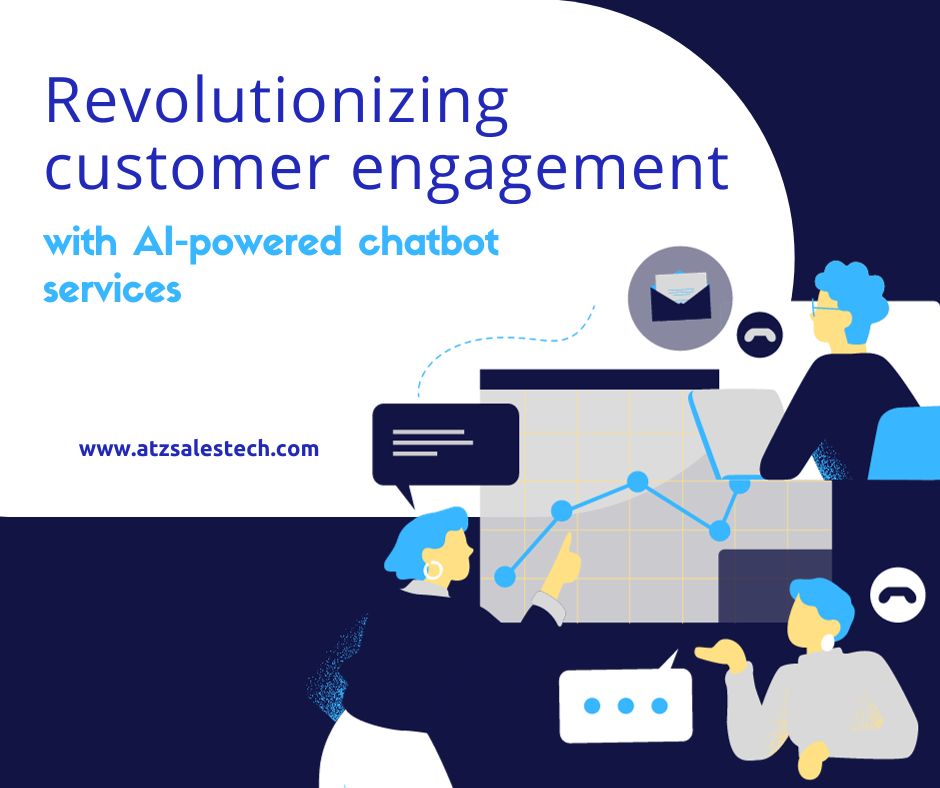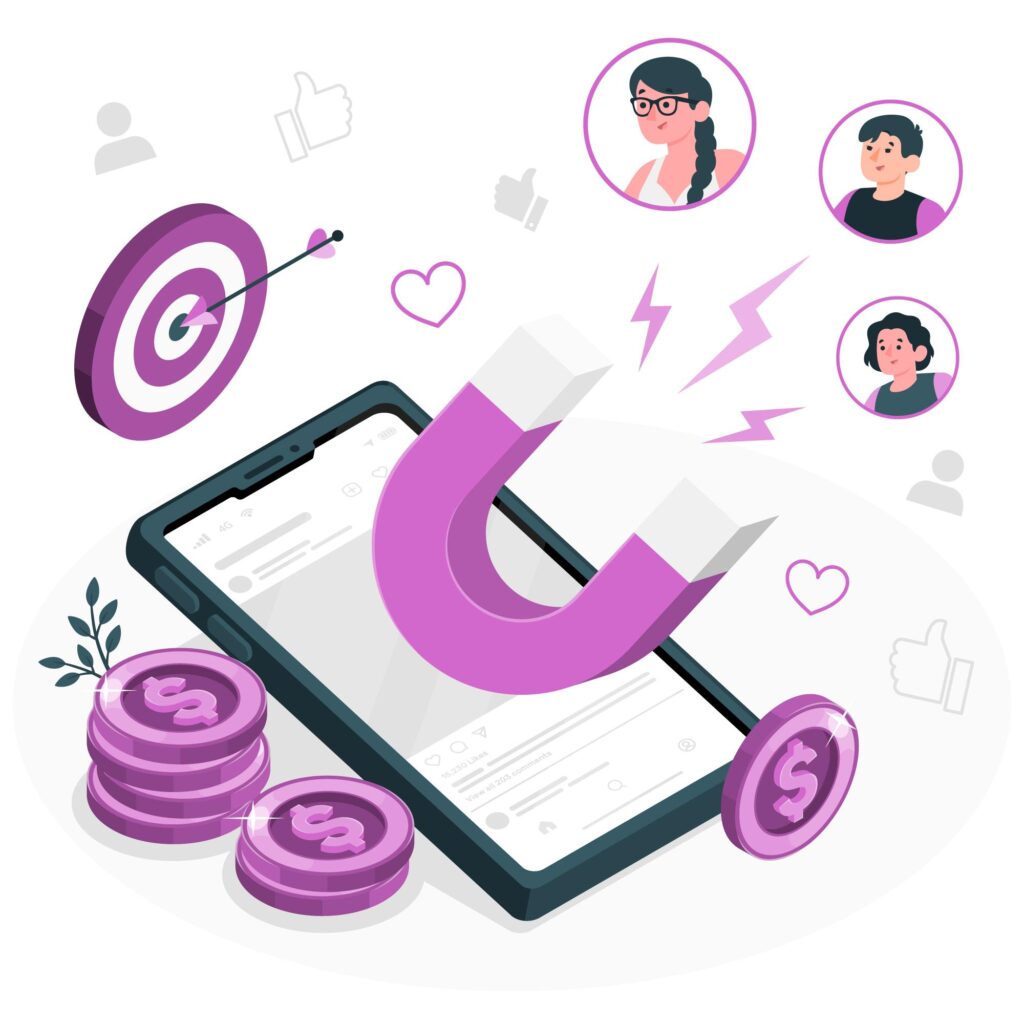Revolutionizing customer engagement with AI-powered chatbot services represents a pivotal shift in how businesses interact with their customers. This transformation has been driven by the integration of Artificial Intelligence (AI) into chatbot technology, fundamentally altering the landscape of customer service and engagement.
Introduction to AI-Powered Chatbot Services
In recent years, AI-powered chatbots have emerged as a transformative tool for businesses across various industries. These chatbots are intelligent software programs that use natural language processing (NLP) and machine learning algorithms to interact with users in a conversational manner. They simulate human conversation, enabling businesses to automate customer interactions efficiently and effectively.
Enhancing Customer Experience
The primary goal of AI-powered chatbots is to enhance the customer experience. By offering immediate and personalized responses to queries, these bots streamline communication, providing customers with round-the-clock assistance. This accessibility and responsiveness lead to increased customer satisfaction and loyalty.
Versatility in Applications
AI-powered chatbots find applications across diverse industries, from e-commerce and healthcare to finance and hospitality. They can assist customers with product inquiries, provide support, offer recommendations, schedule appointments, and even handle transactions, significantly reducing the workload on human agents.
Benefits of AI-Powered Chatbot Services
24/7 Availability
Unlike human agents who have limited working hours, AI-powered chatbots are available 24/7, catering to customers from different time zones. This accessibility ensures immediate assistance, improving response times and customer satisfaction.
Cost-Efficiency and Scalability
Chatbots offer a cost-effective solution for customer service. Once developed and deployed, they can handle numerous queries simultaneously, reducing the need for a large customer support team. Additionally, they can easily scale to accommodate increased demand without a proportional increase in costs.
Data-Driven Insights
Chatbots gather a wealth of data from customer interactions. Analyzing this data provides valuable insights into customer behavior, preferences, frequently asked questions, and areas needing improvement. Businesses can use this information to refine their products/services and enhance customer engagement strategies.
Personalized Customer Interactions
AI-powered chatbots utilize machine learning to understand customer preferences and behavior. Through personalized interactions, these bots can recommend products/services based on past purchases or browsing history, delivering tailored experiences to each customer.
Implementation Challenges and Solutions
Natural Language Understanding (NLU) Limitations
Understanding the nuances of human language remains a challenge for chatbots. However, advancements in NLP algorithms and machine learning models have significantly improved their language comprehension abilities. Continued research and development aim to bridge this gap further.
Maintaining Human Touch
Balancing automation with a human touch is crucial. While chatbots excel in providing quick responses, they can sometimes lack empathy and emotional understanding. Integrating empathy into chatbot responses through carefully crafted scripts and AI algorithms helps create a more human-like interaction.
Security and Privacy Concerns
Handling sensitive customer information requires robust security measures. Ensuring compliance with data protection regulations and implementing encryption protocols are vital to maintain customer trust and safeguard their data.
Future Trends and Opportunities
Voice-Enabled Chatbots
The integration of voice technology with chatbots is on the rise. Voice-enabled chatbots leverage speech recognition to offer a hands-free and more natural interaction experience, opening up new possibilities in customer engagement.
AI-Powered Predictive Analytics
Chatbots equipped with predictive analytics capabilities can anticipate customer needs based on historical data, enabling proactive engagement and personalized recommendations.
Multilingual and Multichannel Support
Chatbots capable of communicating in multiple languages and across various communication channels (e.g., websites, social media, messaging apps) are becoming increasingly important in catering to diverse customer bases.
Continued AI Advancements
Ongoing advancements in AI and machine learning technologies will further enhance chatbot capabilities. This includes better understanding of context, emotions, and complex queries, enabling more sophisticated and human-like interactions.
Conclusion
AI-powered chatbot services have redefined customer engagement by providing instant, personalized, and efficient interactions. While facing challenges in language understanding, maintaining a human touch, and ensuring security, the continuous evolution of these chatbots presents immense opportunities for businesses to deliver exceptional customer experiences. As technology progresses, the synergy between AI and chatbot services will continue to revolutionize how businesses connect and engage with their customers.



